KiMuRa-route
Composites have a long lifecycle, so at least in that sense they are sustainable. In Finland, the recycling of composites has been solved by establishing the KiMuRa-route, which is to say the collected composite waste is crushed and then utilized in co-processing in cement production. This means that the composite waste works partly as fuel and partly as raw material for clinker. There forms no ash in the process and there is no glass residue left in the clinker. According to EUCIA, the KiMuRa-route is seen as a forerunner in the composite business internationally and more and more companies in Finland are joining.
Customers are constantly requesting more information about composite sustainability and that is why most companies are interested in carbon footprint calculations. New interesting aspect is the carbon handprint, which means the positive outcomes of the companies’ actions. Calculating the carbon handprint can be utilized in product development, minimizing the carbon footprint of the customer and adjusting to the ever-changing regulation.
Another way to improve sustainability is by altering design thinking. Using waste or side streams, biomaterials or circular economy solutions can improve the carbon handprint of the product significantly. But sustainability is more than just producing items. Organizations need to think about social and economic sustainability as well. These include taking care of your employees, selecting the location for your business and deciding on the energy solutions at the office, to name just a few.
Composites can be used to replace heavier materials in many industrial sectors. Lighter weight equals less carbon emissions while transporting the goods. Replacing machine parts with composite materials can also lead to less need for repairs due to the durability of composites. Applications are many and with collaboration much can be achieved. In Finland there are numerous different ecosystems for composite manufacturers. CLIC Innovation managed innovation ecosystem “4Recycling” is open to all organizations interested in developing recycling of bulky fibre-reinforced plastic (FRP) products and industrial side-streams. Learn more about our activities and events from our 4Recycling website.
For more information, contact Nina Hurme, nina.hurme@clicinnovation.fi.


